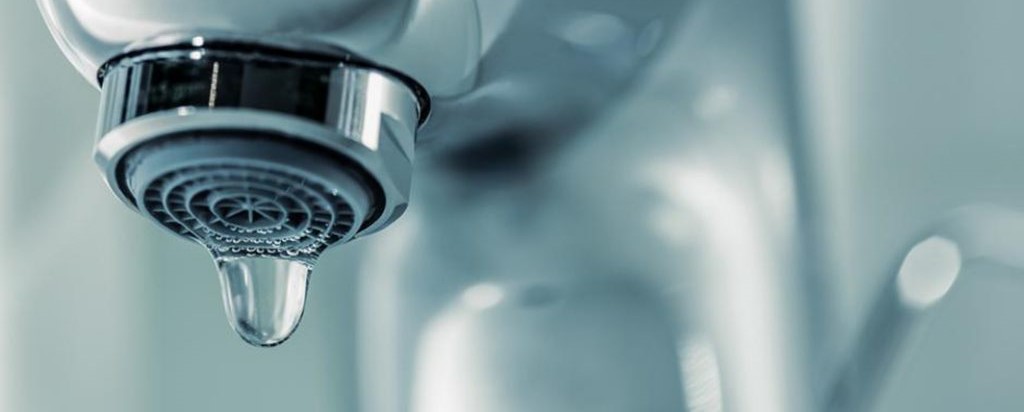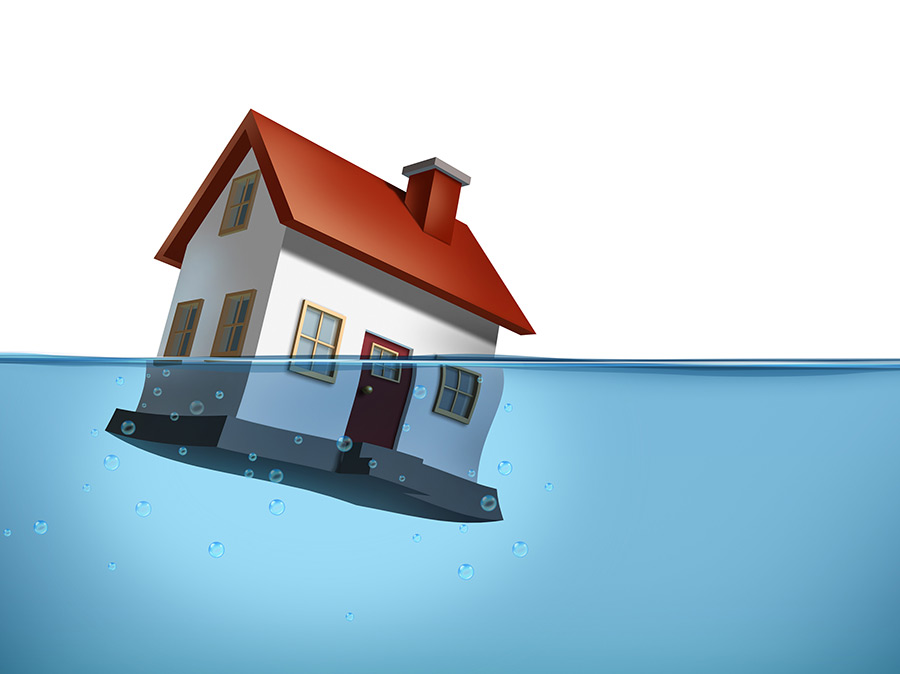What Causes Water Leaks? The Six Most Common Culprits in Homes
What Causes Water Leaks? The Six Most Common Culprits in Homes
Blog Article
Right here below you'll find a bunch of dependable help and advice involving How Fast Water Damage Can Ruin Your Home.

Leaks not only create waste of water however can also create unneeded damage to your residence as well as promote undesirable natural growth. By looking as well as recognizing for daily situations that create leaks, you can protect your residence from future leaks and unneeded damage.
Instant temperature level modifications.
Severe temperature level changes in our pipes can cause them to broaden and get suddenly. This development as well as contraction may create cracks in the pipelines, especially if the temperature level are below freezing. It would be best if you watched on exactly how your plumbing works. The visibility of the previously stated circumstances regularly indicates a high danger.
Rusty water systems
As time goes by, your plumbing system ages as well as corrosion such as rust might begin eating away the pipes. This may be the cause of staining or warping on your water pipes. This requires an inspection with your plumber right away. If our plumbing system is old, consider replacing the pipes because they go to a greater threat of corrosion than the newer designs.
Faulty Pipeline Joints
Pipeline joints can degrade over time, resulting in water leaks. If you have noisy pipes that make ticking or banging sounds, specifically when the warm water is transformed on, your pipe joints are probably under a whole lot of stress.
Intruding roots
Many water leaks begin outside your house as opposed to inside it. If you notice a sudden decline in water stress, state in your tap, take time to go out and analyze your lawn. You might see damp patches or sinkholes in your yard, which may suggest that tree origins are getting into water lines causing water to permeate out. You can have your plumber look for intrusion, specifically if you have trees or hedges near your home.
Poor Water Connectors
Sometimes, a leakage can be triggered by loose pipes and pipelines that supply your devices. Usually, shifting is what triggers the loose water Links. You might locate in the case of a cleaning device, a tube might spring a leak due to trembling throughout the spin cycle. In case of a water connections leakage, you may see water running directly from the supply line or pools around your home appliances.
Obstructed Drains
Blocked drains might be aggravating and inconveniencing, yet they can sometimes end up creating an overflow leading to rupture pipelines. Keep removing any products that may drop your drains that might obstruct them to stay clear of such aggravations.
All the above are sources of leakages however not all water leakages arise from plumbing leaks; some leaks may originate from roof leakages. All leakages should be repaired promptly to prevent water damages.
Leaks not only create waste of water yet can also cause unnecessary damages to your residence and promote undesirable organic growth. By comprehending as well as looking for everyday situations that cause leaks, you can safeguard your house from future leakages and also unneeded damages. Today, we will certainly look at 6 leakage creates that might be creating your pipelines to trickle.
At times, a leak can be caused by loose hoses and pipes that provide your appliances. In instance of a water links leakage, you might observe water running straight from the supply line or pools around your home appliances.
Tell-Tale Signs of a Water Leak
The Sound of Running Water
If you’re hearing water running, your first step should be to check your faucets, toilet valves, and outdoor spigots. If everything if status quo, take an exact reading of your water meter and don’t use the water for a few hours. Then, take another meter reading. If there has been no change, that means water is not running (and maybe it’s time to have your hearing checked!). If the reading has changed, however, this indicates that water is indeed flowing and you most likely have a leak.
Wet or Damp Floors
You’re walking across your carpet and suddenly squish—your sock is soaked! The dog doesn’t look guilty and your child swears they didn’t spill anything. That means you’re likely looking at sewer leakage. Now, it’s easy to just soak it up with a towel and call it a day; however, this won’t stop the leak. Ignoring the problem allows moisture to build up, ultimately causing mold or mildew. Not only is this smelly, it can be very toxic and harmful to children, the elderly, pets, and those with weak immune systems. Don’t risk the health of your home and your family—call in a professional to take care of the problem.
Foul Odors
If there’s an unpleasant smell in your home and you can’t locate the source, don’t just light a candle or spray some Febreze. Funky smells are often due to mold and mildew, which spread fast under ideal conditions (optimal temperature and level of humidity). Growth begins within about 24-48 hours, and spores start to colonize in 3-12 days, becoming visible to the eye within about 18 days. If you think the odor is leak-related, get a plumber out as soon as possible to mitigate damage from rapid fungi growth (and rid your home of the foul odor).
Overgrowth in the Lawn
Unless you didn’t fertilize your lawn evenly, a lush patch of grass in a select area of your lawn, or concentrated wet spots, indicate pipe leakage which is acting as a fertilizer. Left untreated, hazardous bacteria in the underground waste will quickly turn into a messy situation, going from lush growth to lawn destruction.
Wall Cracks
Over time, even the littlest of leaks can cause cracks in the foundation of your home and compromise the entire structure. How does it happen? The leak continues hammering away at the same spot in the ground beneath your home, eventually causing it to shift slightly. Now, you’d never feel this shift, but your walls will. This can be a very dangerous situation, so if you’re seeing vertical or diagonal cracking in your walls it’s best to call a plumber right away.
https://www.expresssewer.com/blog/6-telltale-signs-of-a-water-leak-in-your-home

Do you really like more info about Common Water Leaks In House? Make a remark below. We'd be delighted to hear your views about this entry. We are looking forward that you come back again later on. Sharing is caring. Helping people is fun. Thanks so much for your time spent reading it.
Customer Reviews Report this page